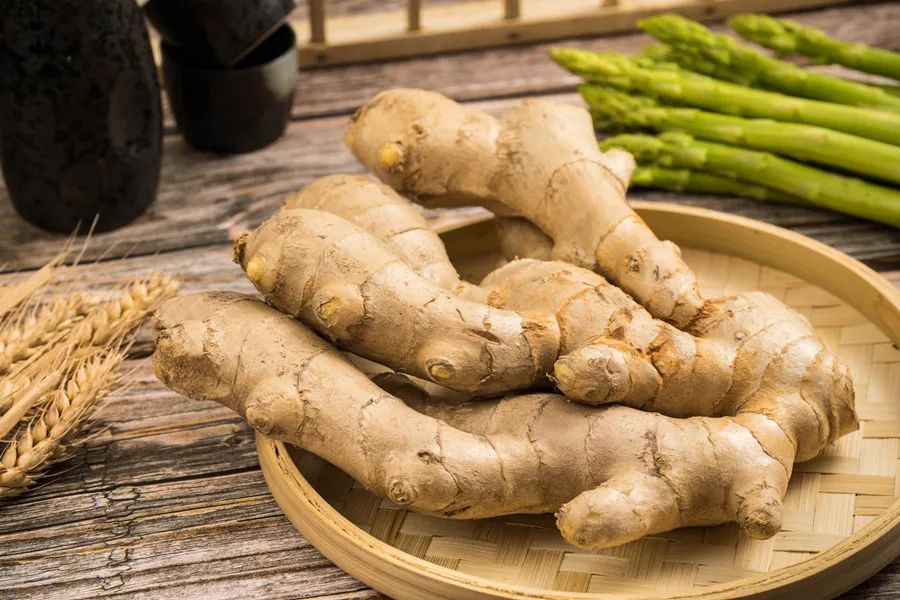Traditional Chinese Medicine Dietary Therapy for Cold Hands and Feet
Traditional Chinese Medicine Dietary Therapy for Cold Hands and Feet
Some women often experience cold hands and feet, even during the hot summer. When the weather turns cold, the condition worsens, earning them the nickname "ice beauty." This phenomenon is not uncommon.
Why Does This Happen?
From the perspective of Traditional Chinese Medicine (TCM), this issue is often associated with yang deficiency. When yang energy is insufficient, it leads to poor circulation of qi and blood, which fails to warm the limbs, resulting in cold extremities.
One major cause of cold hands and feet in women is heart yang deficiency, known as "heart yang weakness" (xin yang bu zhen).
Common Symptoms of Heart Yang Deficiency
Edema
Pale complexion
Aversion to cold
Shortness of breath
Fatigue and lack of energy
For cold extremities caused by heart yang deficiency, simply wearing more clothing, gloves, or thick socks addresses the symptom but not the root cause. The body requires internal regulation.
TCM Approach to Treatment
TCM commonly employs methods to warm the heart yang and supplement heart qi. Prescriptions such as Gui Zhi Gan Cao Tang combined with Ren Shen Tang are often used.
Dietary Therapy: Ginger Soaked in Vinegar
Ingredients:
50g fresh ginger
100ml vinegar (maintain a 1:2 ratio, adjusting amounts as needed)
Preparation:
Slice fresh ginger into thin, even slices.
Place the slices into a clean, dry bottle.
Pour vinegar into the bottle until it fully submerges the ginger slices.
Refrigerate the mixture for one week before consuming.
Consume 2–4 slices daily.
Effect:
This remedy invigorates heart yang. Ginger is warm and stimulating, often used to dispel wind-cold and promote yang energy. However, due to its warming and potentially drying nature, vinegar is added to moderate its effects, making it more balanced and less likely to overheat the body.
Best Time to Consume
The timing of consuming vinegar-soaked ginger is crucial:
Morning: Ideal for boosting yang energy, as this aligns with the natural rise of yang energy during the day. Ginger also improves circulation and promotes alertness.
Evening: Not recommended, as the body’s yang energy retreats at night to nourish yin and allow the organs to rest. Consuming ginger at this time could cause over-stimulation, disrupt sleep, and hinder the body's nighttime recovery.
Alternative Remedy: Chinese Chive Wine (Xie Bai Wine)
Another option is soaking Chinese chives (xie bai) in wine in the same 1:2 ratio.
Benefits:
Chinese chives help to:
Open the chest and regulate qi
Unblock yang and dissolve stagnation
This remedy is particularly beneficial for those with heart yang deficiency experiencing chest tightness or pain (xiong bi)
